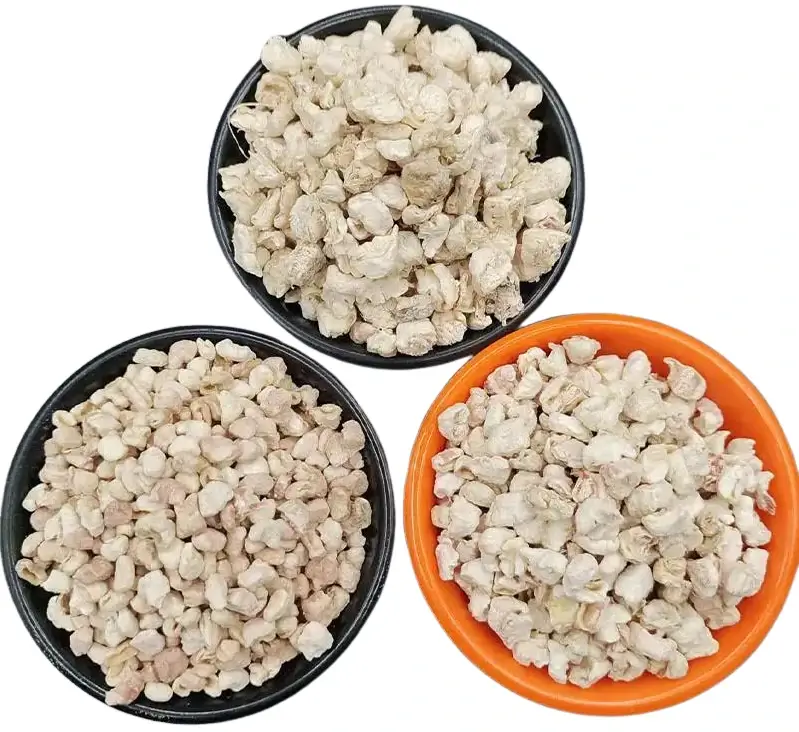
talcum powder safe to use
Talcum Powder Is It Safe to Use?
Talcum powder has been a household staple for decades, known for its ability to absorb moisture and reduce friction. Commonly used in baby powder and cosmetic products, it has long been considered an essential item for personal care routines. However, in recent years, the safety of talcum powder has come under scrutiny, leading many to question its safety for everyday use. This article explores the safety of talcum powder, including its potential health risks, regulatory oversight, and alternatives for consumers.
Understanding Talcum Powder
Talcum powder is made from talc, a mineral composed primarily of magnesium, silicon, and oxygen. It is prized for its ability to absorb moisture, prevent rashes, and keep skin dry. As a result, it is commonly used in products such as body powders, foot powders, and cosmetics. Talcum powder's silky texture and ability to combat perspiration have made it a popular choice, particularly for babies and adults alike.
Health Concerns Surrounding Talcum Powder
Despite its widespread use, talcum powder has faced allegations regarding its safety. The main concern has arisen from studies linking talc to ovarian cancer and respiratory issues. Some studies suggest that prolonged use of talcum powder in the genital area may increase the risk of developing ovarian cancer, particularly in women. This is believed to be due to talc’s potential to migrate through the reproductive tract.
Moreover, talc can be contaminated with asbestos, a known carcinogen, during mining. Asbestos is a naturally occurring mineral that can cause serious health problems, including lung cancer and mesothelioma. While regulations have been put in place to ensure that cosmetic talcum powders are asbestos-free, the risk of contamination in some products cannot be completely ruled out. Consumers must remain vigilant and choose products that have been tested for purity.
Regulatory Framework
talcum powder safe to use

In response to growing concerns over talcum powder, regulatory agencies including the U.S. Food and Drug Administration (FDA) have taken steps to address its safety. The FDA does not specifically ban talcum powder but instead emphasizes the importance of ensuring that talc is free from asbestos and other harmful contaminants. To facilitate consumer safety, the agency requires manufacturers to follow good manufacturing practices and conduct safety assessments for their products.
Additionally, talcum powder manufacturers have faced lawsuits claiming that their products contributed to cancer diagnoses, prompting changes in labeling and marketing practices. These legal battles have raised public awareness and fueled discussions about the potential risks associated with talcum powder use.
Alternatives to Talcum Powder
Given the ongoing concerns regarding talcum powder, many consumers are seeking alternatives. Natural alternatives such as cornstarch have gained popularity as safer substitutes. Cornstarch-based powders can effectively absorb moisture and reduce friction without the potential health risks associated with talc. Additionally, various plant-based powders are available that provide similar benefits without the concerns linked to talcum powder.
When choosing body care products, consumers are encouraged to read labels carefully, opt for products that are transparent about their ingredients, and select those that have been dermatologist-tested or certified as safe. Additionally, consulting with healthcare professionals can provide valuable insights and recommendations tailored to individual needs.
Conclusion
In conclusion, while talcum powder has been widely used for its beneficial properties, potential safety concerns have led to increased scrutiny of its use. The association of talc with serious health risks, particularly ovarian cancer and respiratory issues, has prompted many consumers to rethink their use of talcum products. While regulatory bodies oversee the safety of these products by ensuring they are free from asbestos, the risks cannot be entirely dismissed.
As a result, exploring safer alternatives, such as cornstarch, may be a prudent choice for consumers concerned about the potential hazards of talcum powder. Ultimately, being informed, vigilant, and proactive in choosing personal care products is essential in promoting health and well-being. As with any product, understanding the risks and benefits can empower consumers to make better choices for their health.
Share
-
Vermiculite Wholesale – Premium Quality, Bulk Supply & Competitive PricingNewsJun.10,2025
-
Premium Glass Pebbles Custom Glass Pebbles Factory & OEM Manufacturer Reliable Custom Glass Pebbles FactoriesNewsJun.10,2025
-
Expert Custom Zeolite Producers Manufacturers & FactoriesNewsJun.10,2025
-
Custom Glow in the Dark Beads High-Quality Custom ManufacturersNewsJun.10,2025
-
China Ceramsite Balls Factory - Lightweight & Durable Media Solutions ManufacturerNewsJun.09,2025
-
Custom Matte Mica Powder Manufacturers High Quality & AffordableNewsJun.09,2025






